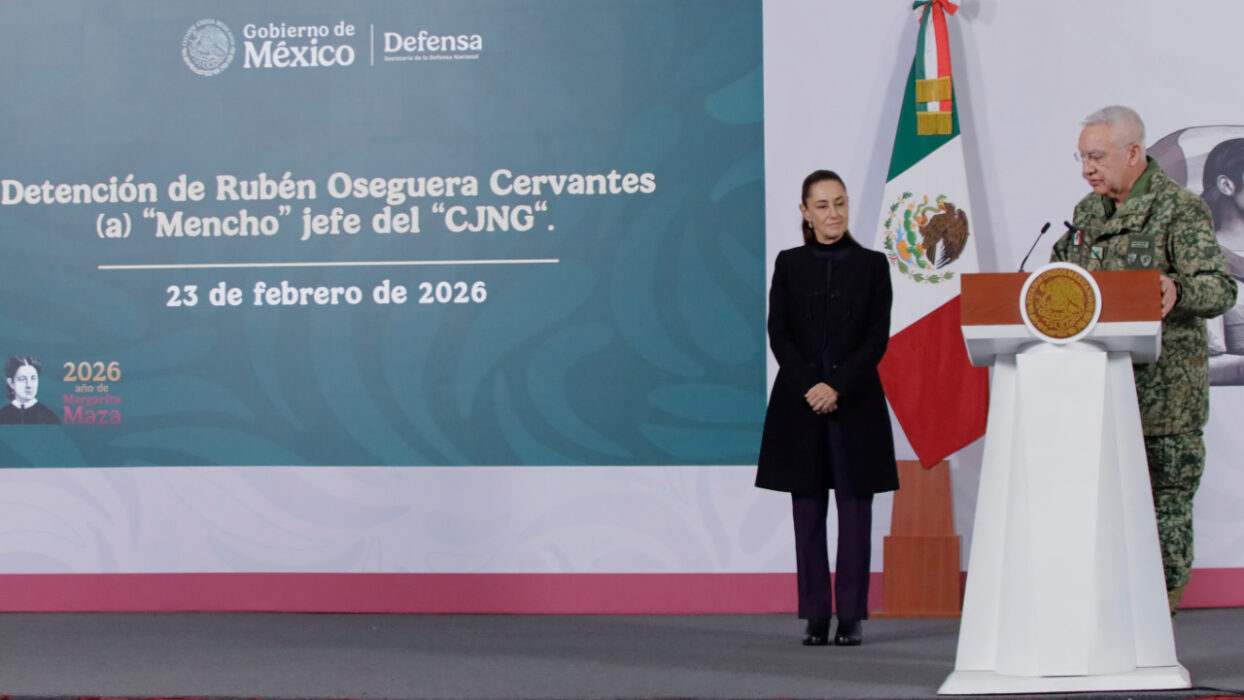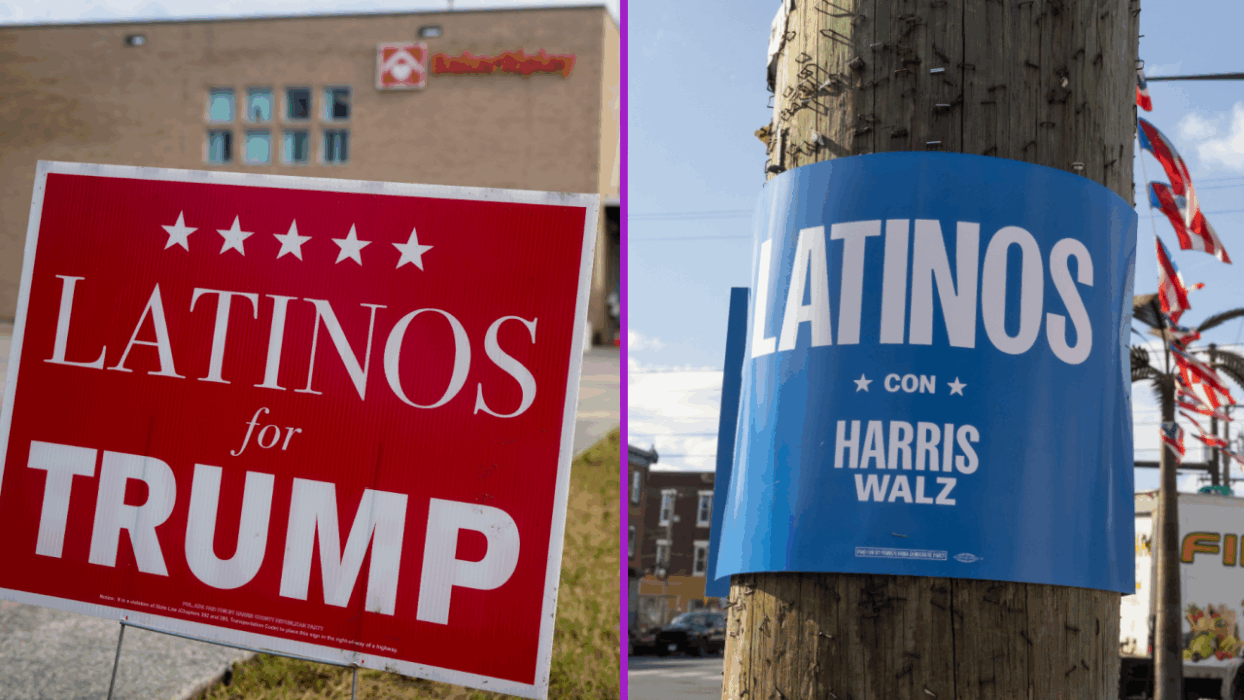
Two Women, Two Nations: Can Sheinbaum and Harris Rebuild the U.S.-Mexico Relationship?
On October 1st, Claudia Sheinbaum Pardo will make history as Mexico’s first female president. Strengthening the bilateral relationship with the U.S.—particularly on migration, security, and economic matters—will be a top priority.
Meanwhile, after last night’s debate, Kamala Harris remains poised to potentially become the first woman president of the United States.
However, the reality is that U.S.-Mexico relations are at a modern-day low.
The U.S. operation to capture Sinaloa cartel leader Ismael “El Mayo” Zambada was conducted without informing the Mexican government.
Further straining relations, U.S. Ambassador Ken Salazar’s public opposition to Mexico’s judicial reform has caused a diplomatic freeze between Mexico and the U.S. embassy.
Migration policy is a crucial aspect of the U.S.-Mexico relationship, and both Harris and Trump recognize its importance.
American immigration policy hinges on having a cooperative partner in Mexico. In 2021, Kamala Harris spearheaded an initiative to encourage private investment in Central America, raising $5.2 billion to address the root causes of migration.
Sheinbaum plans to continue this initiative but with a focus on public investment. However, the failed Emergency National Security Supplemental Appropriations Act, which aimed to strengthen U.S.-Mexico border security, indicates that Harris is now more focused on reinforcing border restrictions than addressing the underlying causes of migration.
Both Kamala Harris and Claudia Sheinbaum understand the necessity of curbing drug trafficking.
The Mérida Initiative, which began Mexico’s war on drugs, has only resulted in increased violence and deaths across the country without substantially reducing drug consumption in the U.S.
Sheinbaum’s approach includes bolstering the National Guard, tackling unemployment, providing scholarships to youth, and severing their ties to organized crime.
But U.S. involvement is essential for success.
In 2023, Kamala Harris announced a $50 million increase in support for rehabilitation programs to reduce drug demand in the U.S.
However, these programs need further reinforcement to make a meaningful impact while Mexico works to dismantle cartels, cutting off the flow of resources from the U.S. side.
Looking ahead, the USMCA agreement will be reviewed in 2026, and potential amendments to the treaty are on the horizon.
Despite Sheinbaum’s assurances that American investments in Mexico will remain secure, U.S. shareholders are wary of Mexico’s structural reforms.
The nearshoring phenomenon, which brought Chinese investments into Mexico to avoid U.S. tariffs, is further complicating the relationship.
Under Article 32.10 of the USMCA, Mexico is restricted from strengthening commercial ties with China. If Kamala Harris wins the presidency, she will have the task of ratifying this treaty.
But what if Trump wins?
A second Trump presidency would likely see a more aggressive immigration strategy, with a focus on pushing migrants away from the U.S. and pressuring Mexico to adopt a similar stance toward migrants within its own borders, under threat of increased tariffs.
On security, Trump has already stated he would adopt a tougher stance on cartels, even suggesting military strikes on Mexican soil.
Trump also increased tariffs on Chinese imports from third-party countries like Mexico by over 100%. Unfortunately, these unilateral moves will not repair the damaged U.S.-Mexico relationship—true progress will only come with compromise on both sides.




